So, you fancy trying your hand at Dungeons & Dragons – but, you are a bit nervous about jumping into the game and learning its many rules and quirks and just aren’t sure how to approach the game. However, you’ve been playing a lot of Baldur’s Gate 3, and that is based on the Dungeon & Dragons world and rules. So, you might be wondering, is it possible to learn to play Dungeons & Dragons by playing Baldur’s Gate 3?
This guide has the answer for you, which will answer this all-important question and give you some details on what makes these two versions of the game similar and different.
Related: Baldur’s Gate 3 Complete Guide – Classes, Quests, Puzzles, Mechanics, & Beginner Tips
Can you learn to play D&D from BG3?
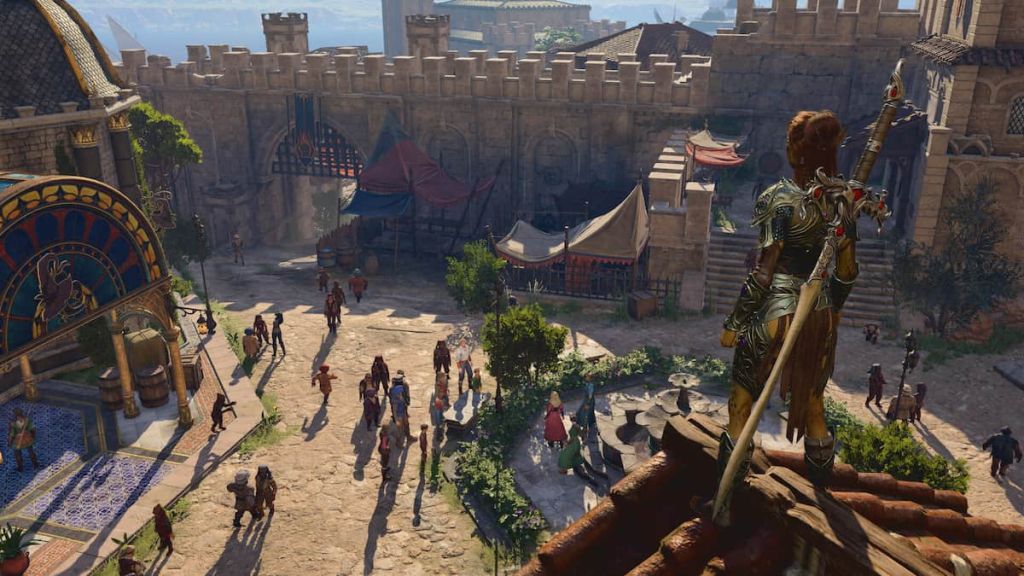
If we want to keep things simple, yes, you can learn to play Dungeons & Dragons from Baldur’s Gate 3. Many of the core gameplay, mechanics, and quirks of D&D are in Baldur’s Gate 3 and translate well across the two mediums.
However, we want to be a bit more detailed and nuanced, it’s not an exact 1-to-1 in quite a few cases, so certain elements such as spells, alignments, resting, and other rules have been changed or tweaked to fit into a video game format rather than the tabletop version.
If you are a bit nervous about jumping into D&D or unsure what is different between the two, we have a little crash course below that will go over some of the main differences and similarities between the game and TTRPG.
Character

When it comes to creating your character, it is pretty much the same process for both the TTRPG and video game. You choose your race (and subrace is applicable), class, and background, all of which have different features and abilities that come with them, much like the TTRPG, such as dwarves who get Darkvision.
Additionally, you have your Ability Scores, which determine the kind of character you will play and affect things like roleplay and certain elements of different classes and combat, like saving throws, ability checks, and damage.
In BG3, this is done with a method called Point Buying, which gives you 27 points that you can assign to your stats however you see fit, with the lowest score being 8 and the highest being up to 17, depending on racial bonuses. You can use this method in the D&D TTRPG too, or others included in the player’s handbook or ones fans have created online.
Related: Baldur’s Gate 3: All Skill Check & How They Work in BG3
Of course, you can also customize your appearance, which you can see clearly in the game, whereas, in the D&D TTRPG, you can describe them or get an artist to make it for you if you want a really nice representation of your character.
Class

Along with your character, you’ll be picking your class, and in both instances, this will determine what kind of character you play, what abilities and spells you can use, and the type of stats and feats you will want to get.
The main differences here are in some of the abilities and subclasses you have to choose from. For one, BG3 has a lot fewer options in terms of subclasses the is seen in D&D, with most only having three to choose from, excluding the Wizard and Cleric. But, where you may have fewer options, many of these have been tweaked and buffed to make them a bit more fun in the video game and work better in that setting. Some of the prominent examples are the Ranger and Monk, who both have had quite extensive changes to make some of their abilities, subclasses features, and subclasses as a whole much more fun to play.
So, in this case, Baldur’s Gate 3 can act as an excellent introduction to the general idea of classes, subclasses, and features, and the TTRPG can expand that knowledge with the nuances that come with the genre. If you like a class in BG3, you will probably like it in the TTRPG; just be prepared for a couple of differences and maybe a little light reading to get to grips with some parts of the class.
Combat
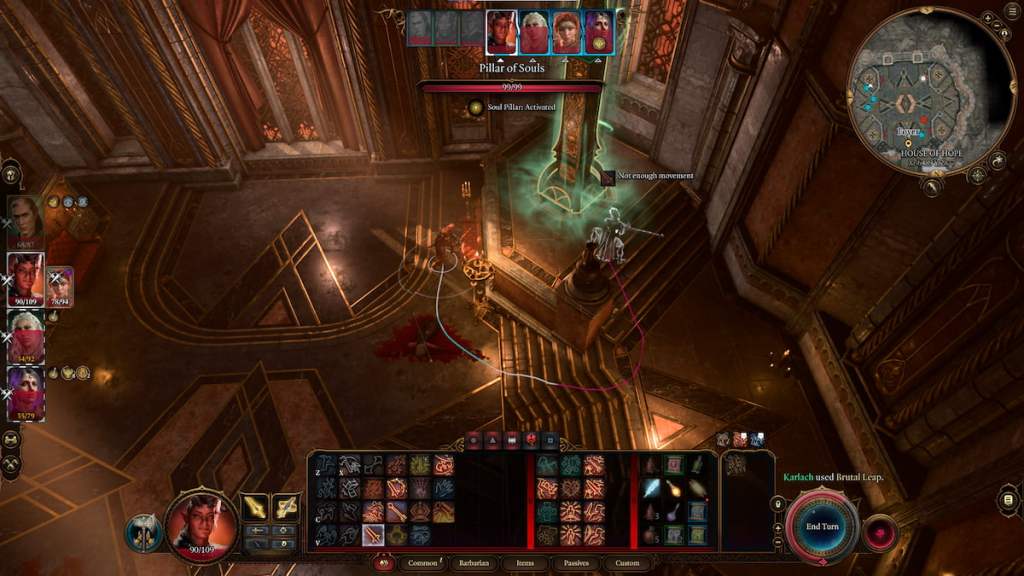
We can’t talk about D&D and BG3 without mentioning combat since this is a vital part of both games, and in this case, the two are nearly identical, barring a few rules.
BG3 recreates the turn-based combat system of D&D very well, with initiative, actions, bonus actions, surprise rounds, and opportunity attacks all working the same way as they do for the TTRPG counterpart. So, if you are comfortable with the combat in BG3, you should have no problem with the swap to D&D.
It is worth noting there are a few differences between them still. For one, bonus actions in BG3 are far more robust, with multiple extra options for players to use, such as shoving enemies, dipping weapons in an element or object for added effects, jumping, and some other abilities and options, so that, unlike the TTRPG, players will always have a few more options they can do a turn unless your DM has other ideas.
Related: Dungeons & Dragons: Every Class To Play As in 5e
Plus, normal D&D games will use a grid movement system, with each square being five feet of movement, whereas BG3 uses a line and more freedom to move around, at least as far as your character can.
Additionally, weapons in BG3 will have abilities attached to them, like attacks that make enemies bleed or knock them off balance. This isn’t the case in D&D, at least not yet, and it makes weapons a little less unique or special unless your DM says otherwise. There is also attunement, which is nonexistent in BG3, so you are only restricted on the kinds of magic items you can use by your item slots.
Roleplaying
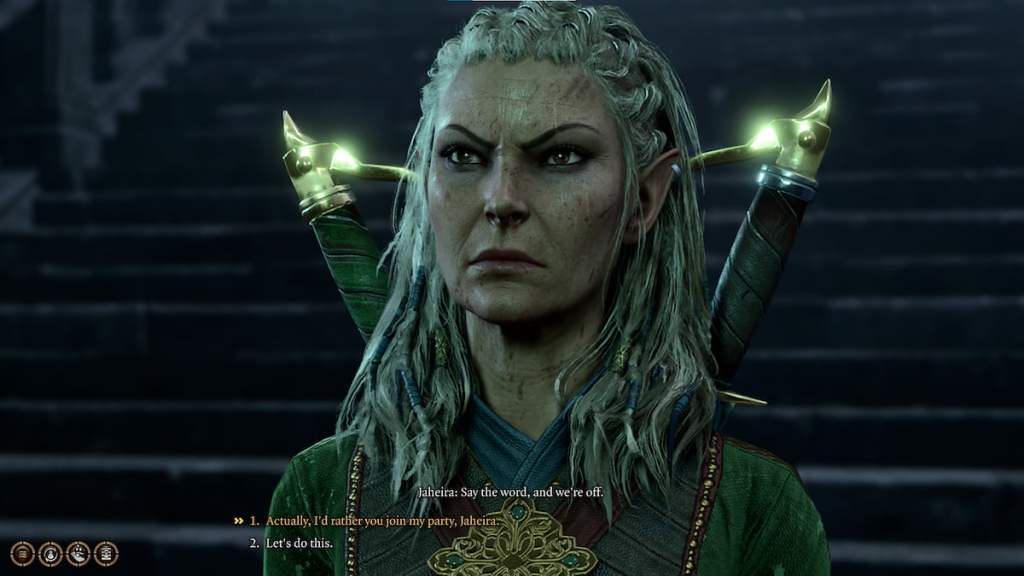
Both BG3 and D&D are roleplaying games, and both take that part of the game very seriously. Because of that, it makes player choice and freedom very open and exciting, albeit with a few differences.
BG3 uses a dialogue system, and depending on your choices, you can roll different ability checks to see if you can persuade someone, get more information, and play out a moment differently depending on the choices and rolls. This is the same as D&D, with the only difference being that, unlike the game, you have complete freedom in your roleplaying antics. There are no restrictions on your word choice or approach; it’s up to you how you want to play it. Of course, you can do a version of this in BG3, but it’s a very different experience and feeling using your own words and choices rather than predetermined options.
In that same vein, D&D has a DM running the game, whereas BG3 and its narrator kind of act as your DM through the experience, though they are just part of the systems. D&D TTRPG is far more collaborative with your DM and the other players at the table, so you might be able to convince or talk with your DM about certain choices, and they will guide and have the final say on certain decisions or choices. In that regard, you’ll want to get used to working with your DM and fellow players and exploring the freedom the TTRPG provides compared to the video game.
Story

This is arguably one of the most significant differences between these two games. In BG3, you have a set plotline and story, and there are some other threads and personal stories with your companions to discover too, but ultimately, there is a more rigid experience in the story, albeit one with a lot of choices and some difference depending on choices.
Whereas for the D&D, there is complete freedom in how a story will play out or how players can progress, choices can affect different game elements and plot or the campaign as a whole. Additionally, DMs in the tabletop version can work in the background and story of your character in an organic way that makes them much more ingrained in the story.
Related: Dungeons & Dragons: Starting Tips For New Players
Of course, this doesn’t mean BG3 doesn’t have a great story or meaningful choices; in fact, it has a lot of them, but there is something about the tabletop version that a video game can’t quite capture, like when your backstory or an event players a massive part in a moment of the campaign and you and your fellow players get to experience it together. BG3 gets close to that kind of feeling, but nothing can compare to that moment at the table.

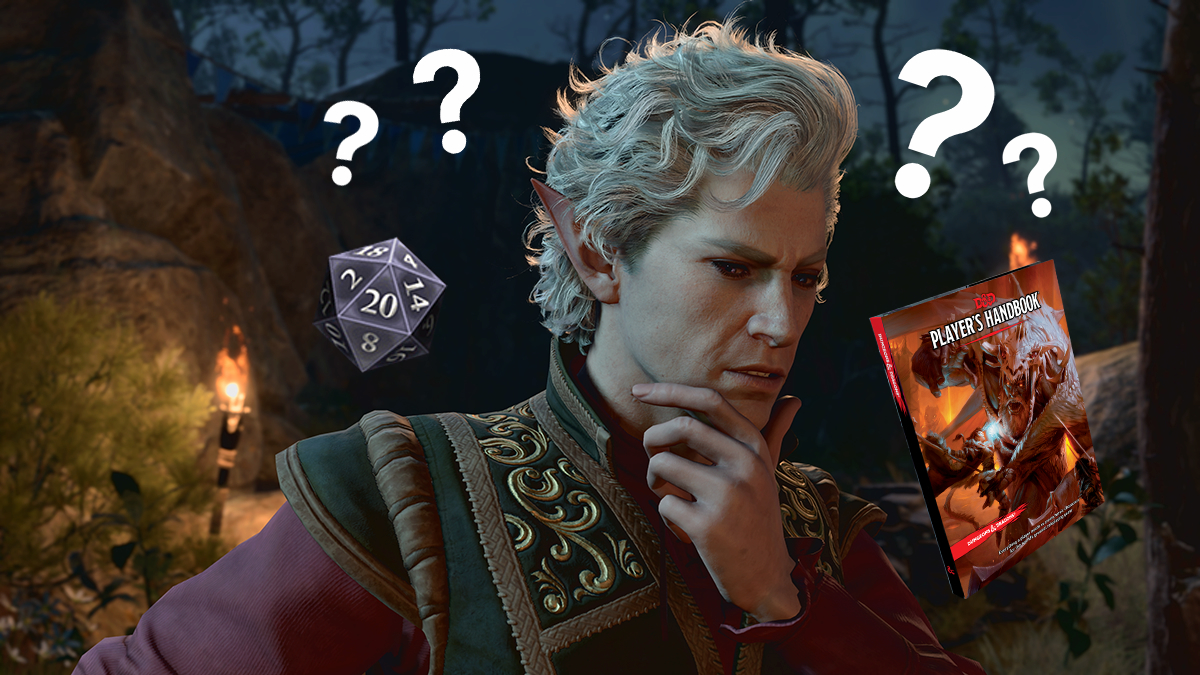
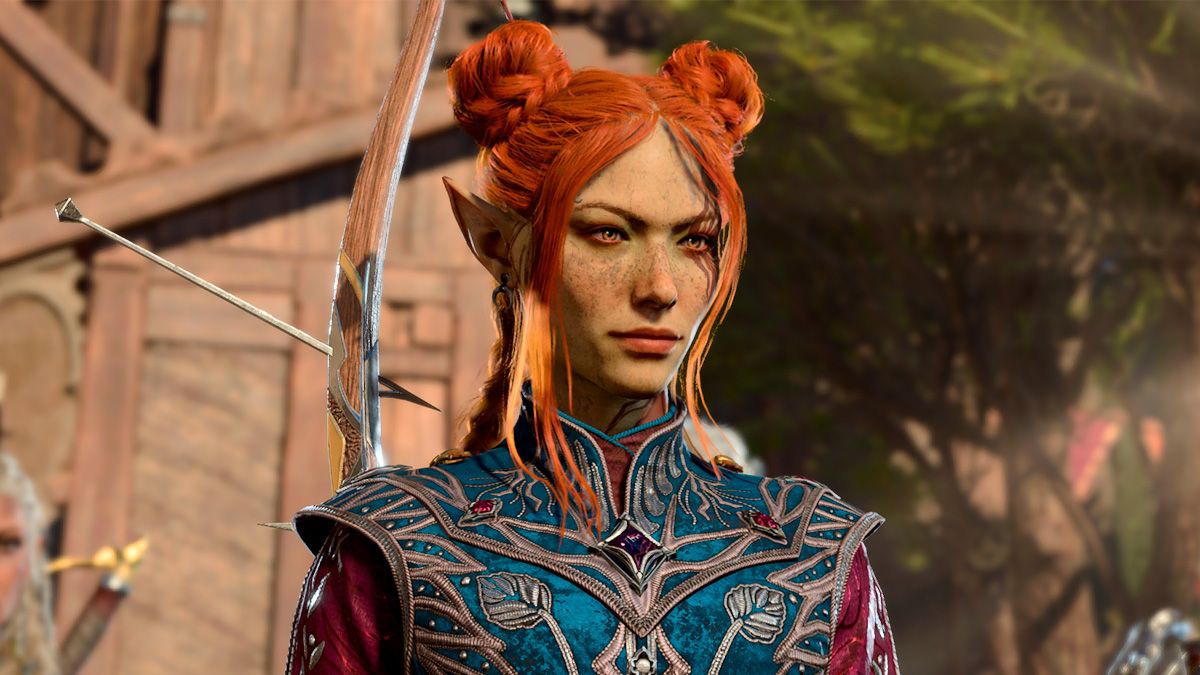
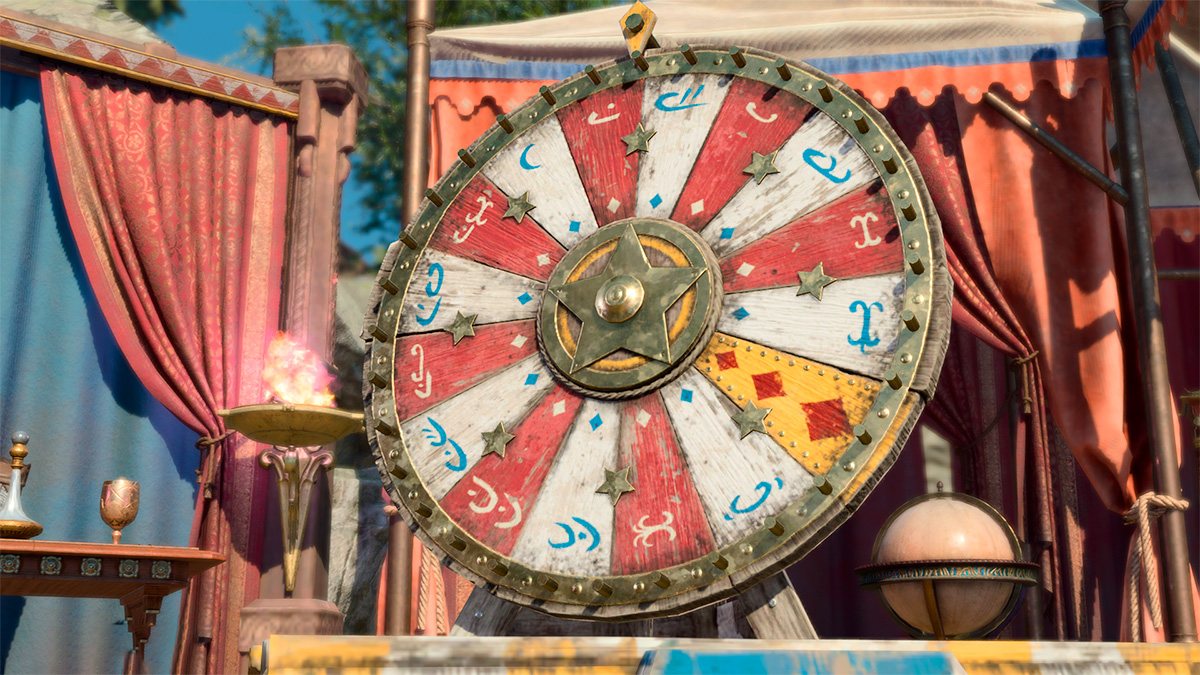
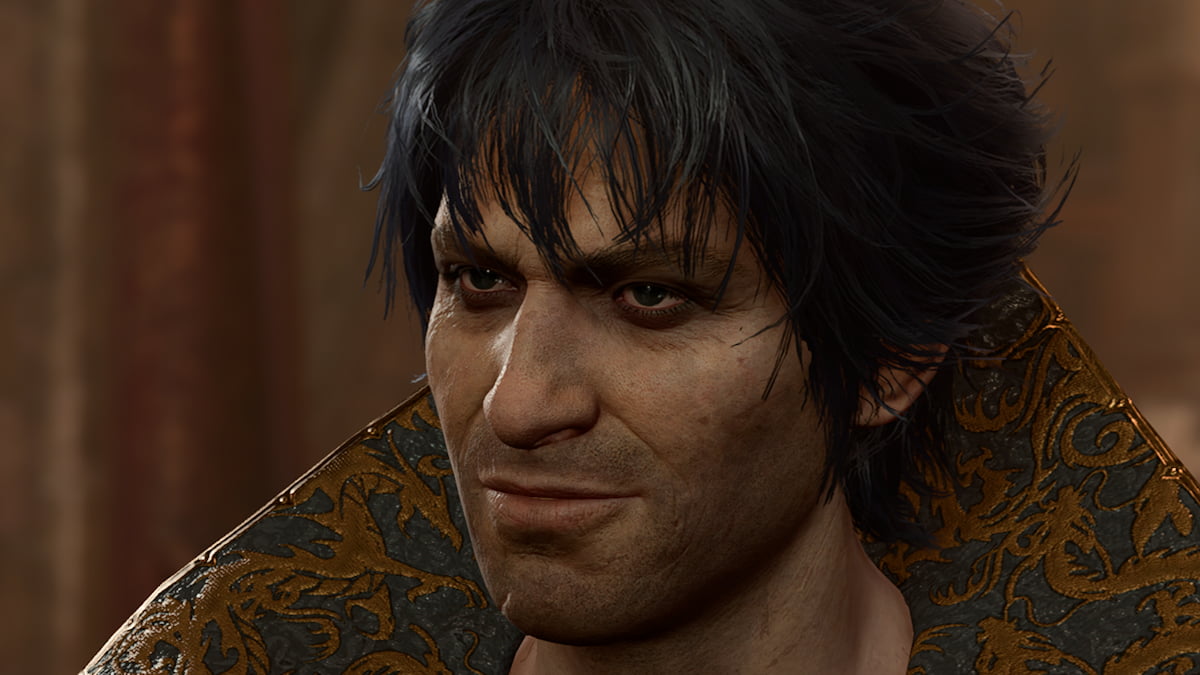
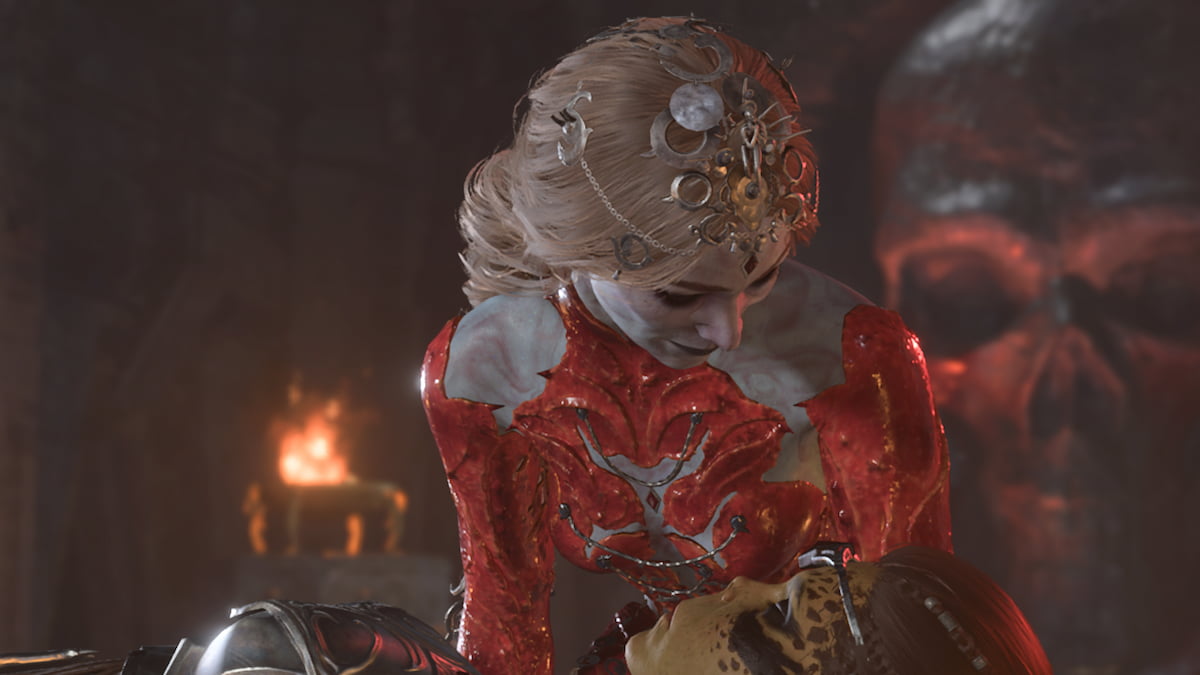
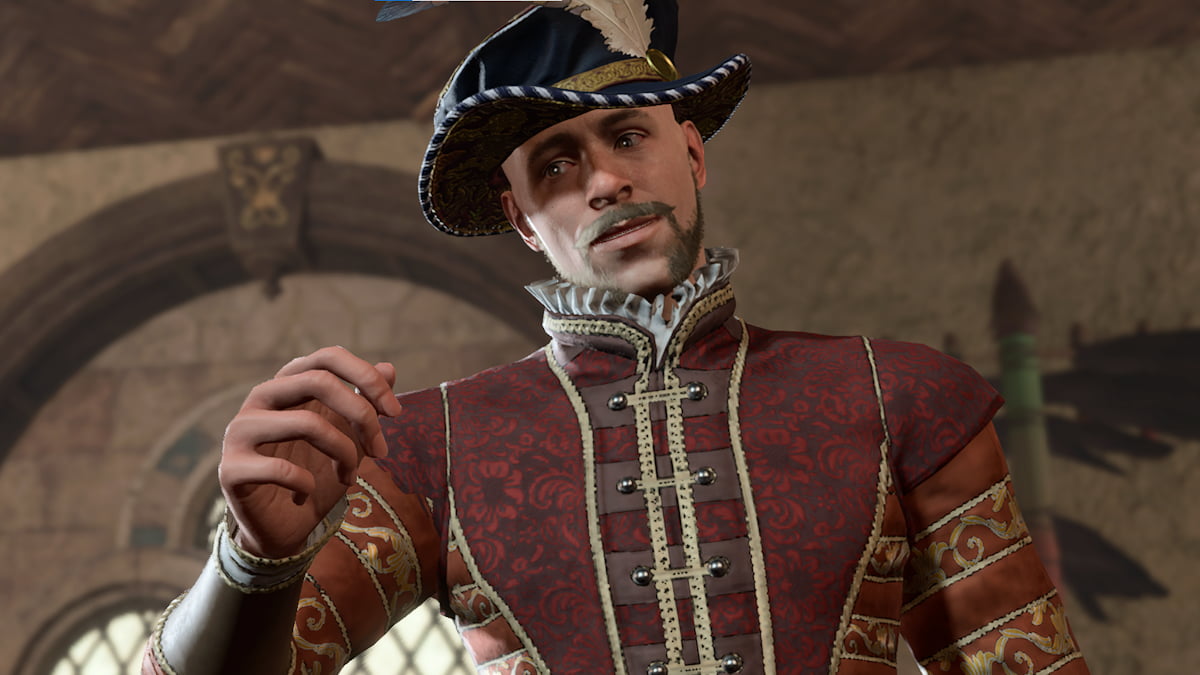
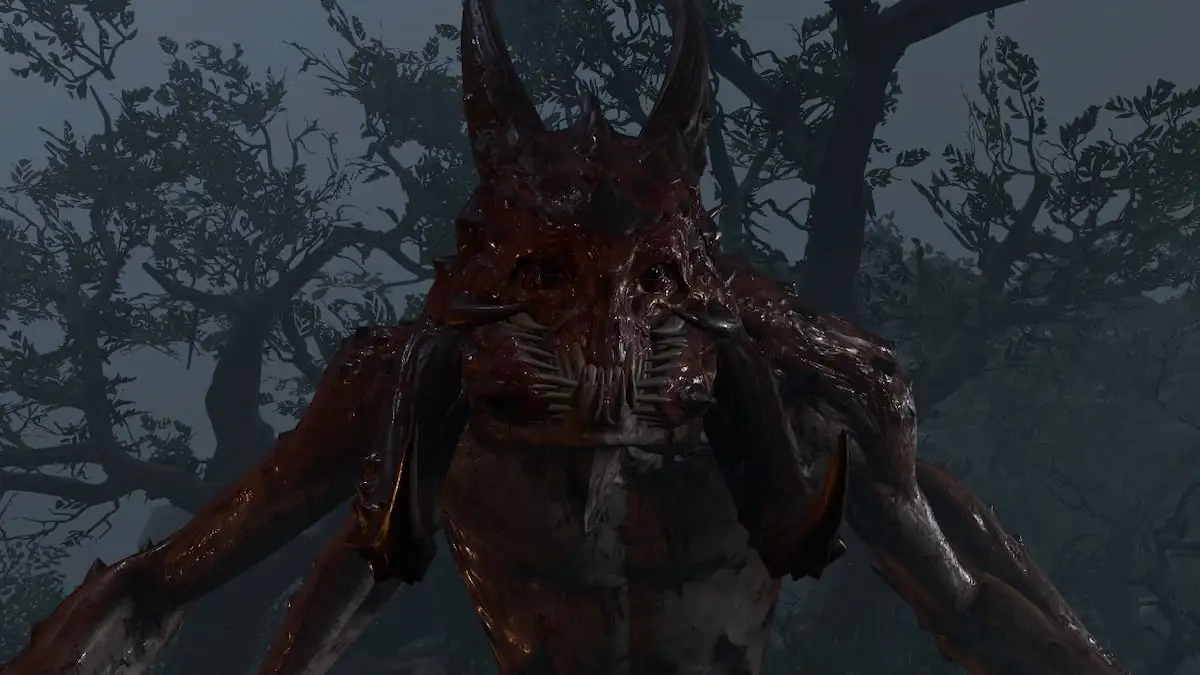
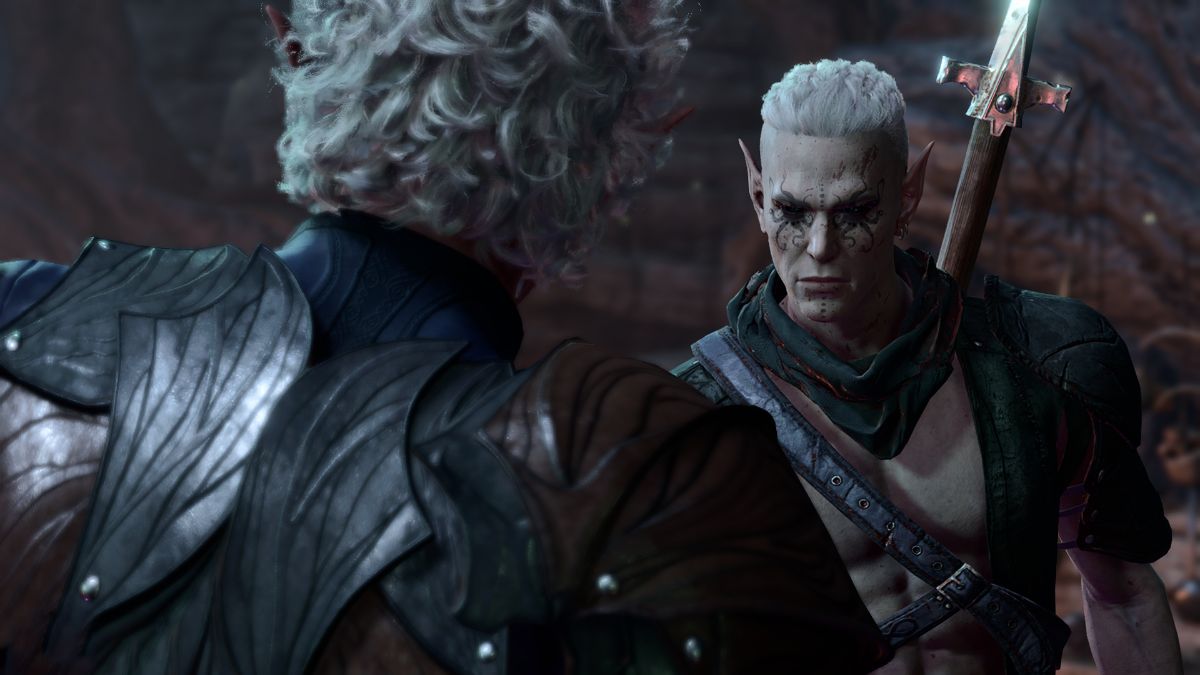

Published: Sep 22, 2023 02:21 pm